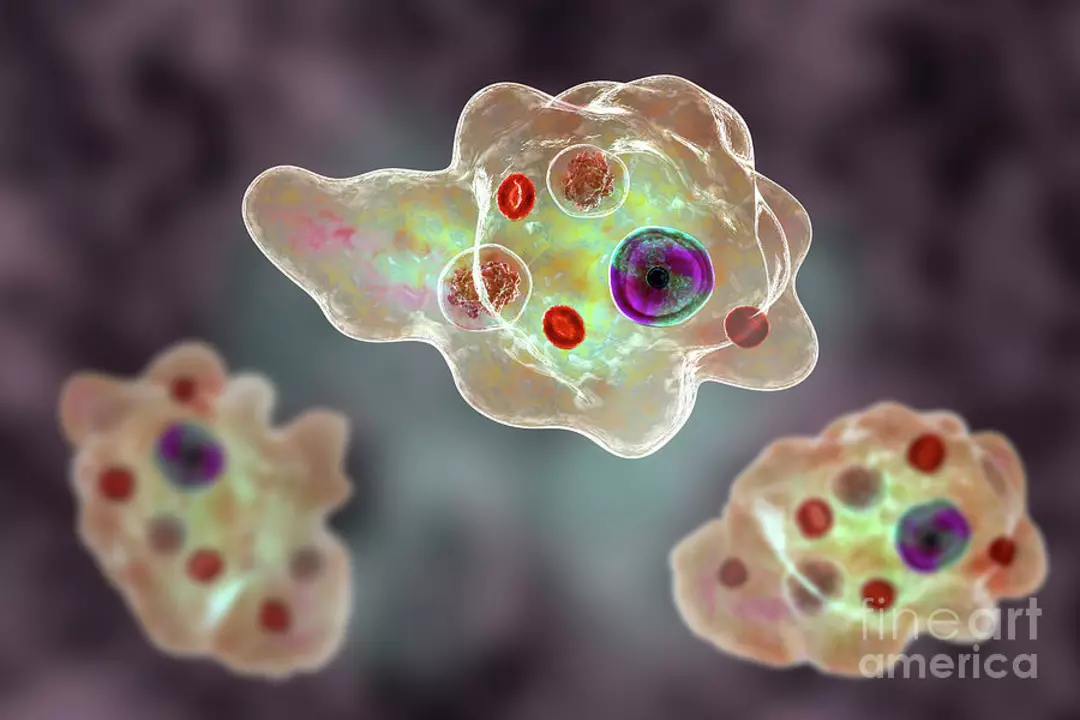A single medication or a chronic condition can flip how you feel, think, or behave. That shift isn’t always obvious — you might notice sleep changes, low motivation, sudden worry, or mood swings and shrug them off. These signs can come from prescription drugs (like anticonvulsants or blood pressure meds), supplements, or the stress of living with a condition such as diabetes or cancer.
Some drugs affect brain chemistry directly. For example, anticonvulsants like phenytoin (Dilantin) can sometimes change mood or cause confusion in some people. Antihistamines or certain blood pressure medicines may make older adults feel more foggy or tired. Even widely used drugs like proton-pump inhibitors or antidepressant switches can bring anxiety, irritability, or sleep problems. Supplements and herbal products also matter — they can interact with prescriptions and change how you feel.
Beyond drugs, chronic illness itself impacts mental health. Long-term pain, sleepless nights, and the daily demands of a condition like diabetic nephropathy or prostate cancer treatment can wear anyone down. Emotional stress from treatment decisions or side effects — think sexual function issues from ED meds or body changes from cancer therapy — shows up as anxiety or low mood.
Start by tracking changes. Keep a simple daily log: sleep, appetite, mood swings, energy, and any new or worsening symptoms. Note when a new medication, dose change, or supplement began. This makes conversations with your clinician concrete and fast.
Talk openly with your doctor or pharmacist. Say, “Since starting X, I notice Y.” Ask whether the symptom is a known side effect, if a dose change or alternative exists (there are often options — many articles discuss alternatives like different antidepressants or beta-blocker swaps), and whether you need tests to rule out other causes.
Check interactions. If you buy meds online or try new supplements, verify interactions with a pharmacist. Some online pharmacies and products aren’t reliable; a wrong product can mean more than wasted money — it can worsen mood or cause dangerous reactions.
Self-care helps: prioritize sleep, move daily (short walks aid mood), and keep a simple routine. These habits don’t replace medical care but reduce stress and make it easier to spot real drug-related problems.
Know urgent warning signs: new or worsening suicidal thoughts, severe agitation, hallucinations, or sudden personality changes. If these appear, seek emergency help right away or contact your provider the same day.
Final note: mood changes linked to treatment are common and usually manageable. With clear tracking, honest talks with clinicians, and safe choices about supplements or online pharmacies, you can protect mental health while getting the care you need.

Amoeba infections have a significant psychological impact on both patients and their families. As a blogger who has researched this topic, I've discovered that the fear of contamination and uncertainty about the future often cause anxiety and stress. Additionally, the physical symptoms of the infection can lead to depression and feelings of isolation. Family members may also experience emotional distress and helplessness as they watch their loved one suffer. Overall, it is crucial to address the psychological aspects of amoeba infections to ensure comprehensive care and support for patients and their families.
View more